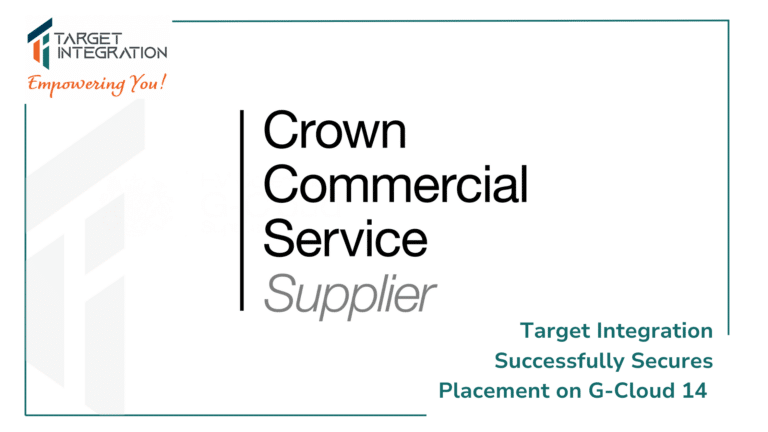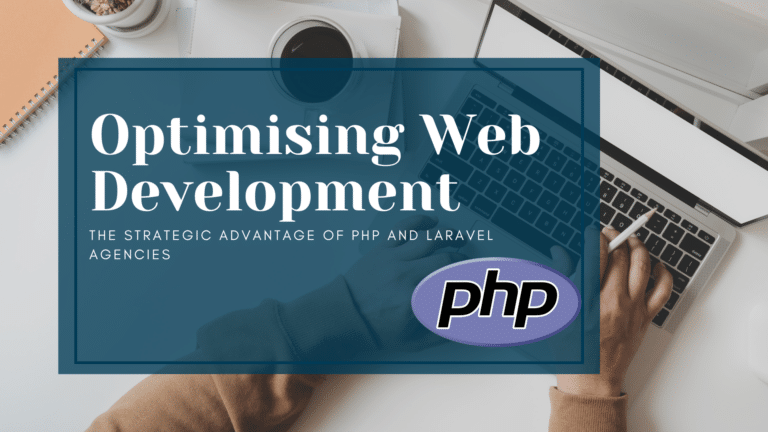Are you selecting new software for your organisation? Have you considered these crucial factors? This article references an original piece first published in Business & Finance on 24th March 2014, demonstrating how the core principles of software selection remain relevant even after a decade. While technology has evolved, the fundamentals of making a smart software investment-and choosing the right partner-are still just as important.
From CRM to data analytics, the right software can make the difference between success and inefficiency. However, once you’ve chosen the best software for your needs, the next critical step is selecting the right vendor or implementation partner. This decision can have long-term implications on your business, as vendor relationships can impact your company’s agility, support quality, and overall software experience.
Here are key considerations when selecting both software and the right vendor:
Budget vs. Cost
Price remains a significant factor for businesses, particularly SMEs. While a high price tag doesn’t guarantee quality, choosing the cheapest option can lead to issues such as inadequate support, hidden costs, and lack of scalability. Free open-source solutions can be viable, but you must assess their reliability and required maintenance. The goal is to find software that meets your business’s needs without exceeding your budget.
Features You Need (and Don’t Need)
Every business is different. While some software may offer an extensive suite of features, only a fraction may be relevant to your company. Focus on essential functionalities and avoid unnecessary extras that can complicate usage and inflate costs. For instance, a used car sales business may require a CRM with detailed vehicle history tracking, while an insurance company may prioritise contact and claims management.
Ease of Integration
The best software should integrate seamlessly with your existing tools. Poor integration can slow down workflows rather than improve efficiency. Whether you rely on Microsoft Office, Google Workspace, or industry-specific tools, ensure your new software can communicate effectively with your current systems.
Ease of Customisation
Business needs change over time, and your software should be able to adapt. A highly customisable platform ensures that as your operations grow or shift, the software can evolve with you. Open-source solutions often provide greater flexibility, allowing for modifications without being tied to a single vendor’s roadmap.
Vendor Selection: The Crucial Next Step
Once the right software is identified, choosing the right vendor or implementation partner is equally important. Here’s what to consider:
- Vendor Lock-in: Proprietary software can lock you into a long-term relationship with a vendor, making it difficult to switch or customise as your needs change. Open-source options provide more flexibility but may require additional internal or external expertise.
- Does Size Matter? A larger vendor may offer more resources, but a smaller partner might provide more personalised support. Consider whether a big corporation or a boutique service provider better aligns with your business model.
- Longevity: Will your vendor be around in 10 years? A company with a strong track record is more likely to provide long-term support and updates, reducing risks associated with software obsolescence.
- References and Reputation: Investigate customer reviews, case studies, and testimonials to assess the vendor’s reliability. Ask for direct references from businesses similar to yours to gauge their satisfaction.
- Eagerness for Your Business: Some vendors actively invest in client success, offering proactive support and continuous improvements, while others might provide minimal service beyond the initial sale. Ensure your vendor is committed to a long-term partnership.
- Does More Expensive Mean Better? Price is not always an indicator of quality. While premium vendors may offer extensive features and support, there are cost-effective solutions that provide similar value. Carefully evaluate pricing models and service levels before committing.
- Location: Too Far or Too Close? Local vendors may offer hands-on support, while global providers bring scalability and innovation. Consider whether in-person assistance is crucial for your business or if remote support suffices.
Conclusion
Selecting the right software is only half the battle. Partnering with the right vendor ensures a smooth implementation, ongoing support, and a scalable solution that grows with your business. By evaluating vendor reputation, flexibility, cost, and support structure, you can make a decision that benefits your business for years to come—just as these principles have remained applicable over the past decade.

Target Integration: The Exclusive Odoo Services Provider on G-Cloud 14
We are thrilled to announce that Target Integration has been approved as a Crown Commercial Service (CCS) Supplier on the




